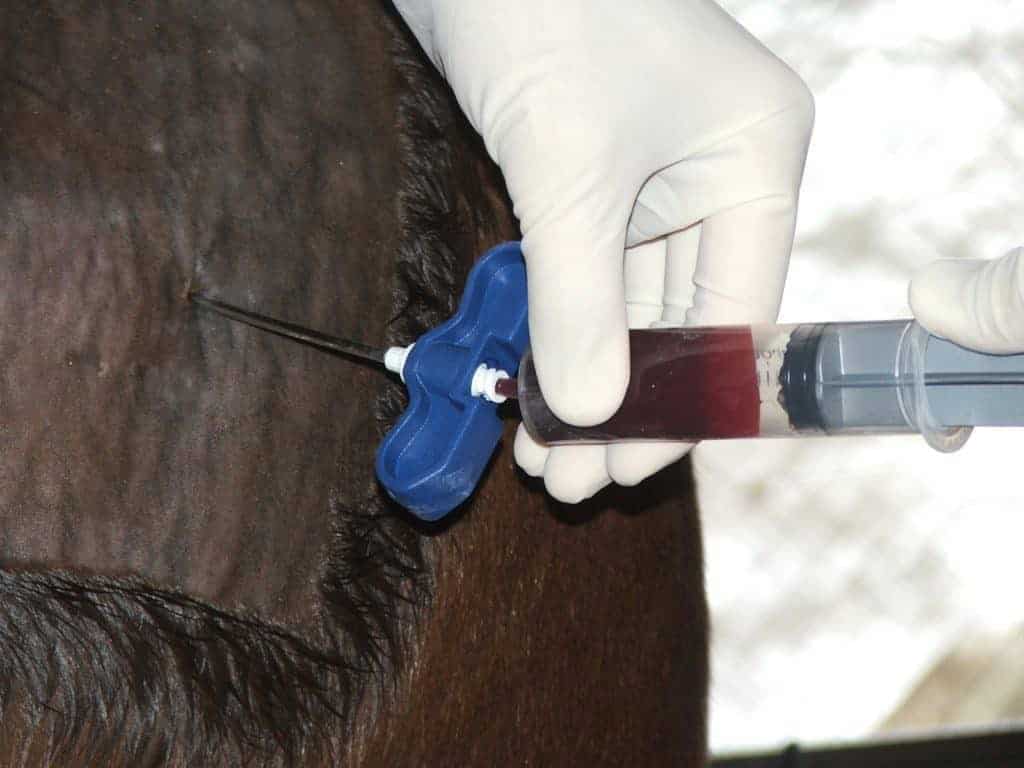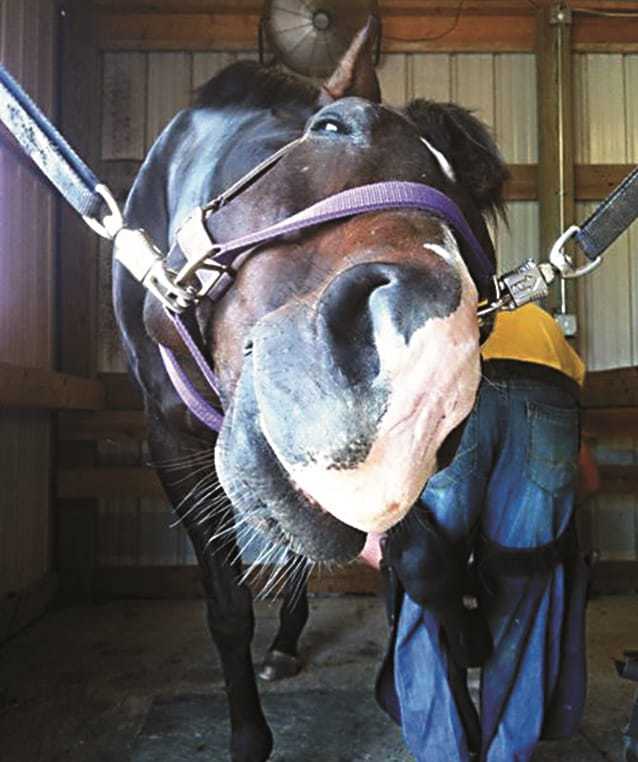AAEP Announces Continuing Education Opportunities for Vets
Topics will include lower-limb lameness, ophthalmology, ambulatory practice, and poor performance.
News and issues for equine health professionals
Topics will include lower-limb lameness, ophthalmology, ambulatory practice, and poor performance.

The National Park Service is studying the use of fertility control vaccines to control feral horse populations.

Don’t rely on hearsay when it comes to caring for your horses’ hooves.

Researchers found that horses’ blood differs from humans and dogs when they used thromboelastometry to assess clotting.

Using proper diagnostic technique and good quality radiographs is critical when diagnosing these fractures in foals.

From fly masks and nose nets to antihistamines and supplements, find out which headshaking treatments worked best.

Design vaccination protocols to maximize each horse’s innate and adaptive responses to disease challenges.

Improved diagnostic testing for Lyme disease is leading to more successful treatments. Here’s what you should know.

Dr. David Freeman’s research interests include treatment of diseases that cause colic in horses.

Learn how one veterinarian chooses cases and uses mesenchymal stem cells (MSCs) to treat horses with joint injuries.

Review the options vets have for looking inside horses’ bodies to see what’s causing a limp, swelling, or pain.

Nasopharyngeal catheter administration results in good cover of the larynx, nasopharynx, and soft palate.

Learn why one gelding acts odd during farrier visits.

Researchers said a water-based enrofloxacin suspension could be useful for treating some bacterial endometritis cases.

Learn how researchers determined that hairy, bristly caterpillars can cause abortions and how to protect mares.

Researchers recently evaluated multiple ovulations and how vets can detect them and, thus, prevent twin pregnancies.
Stay on top of the most recent Horse Health news with
"*" indicates required fields